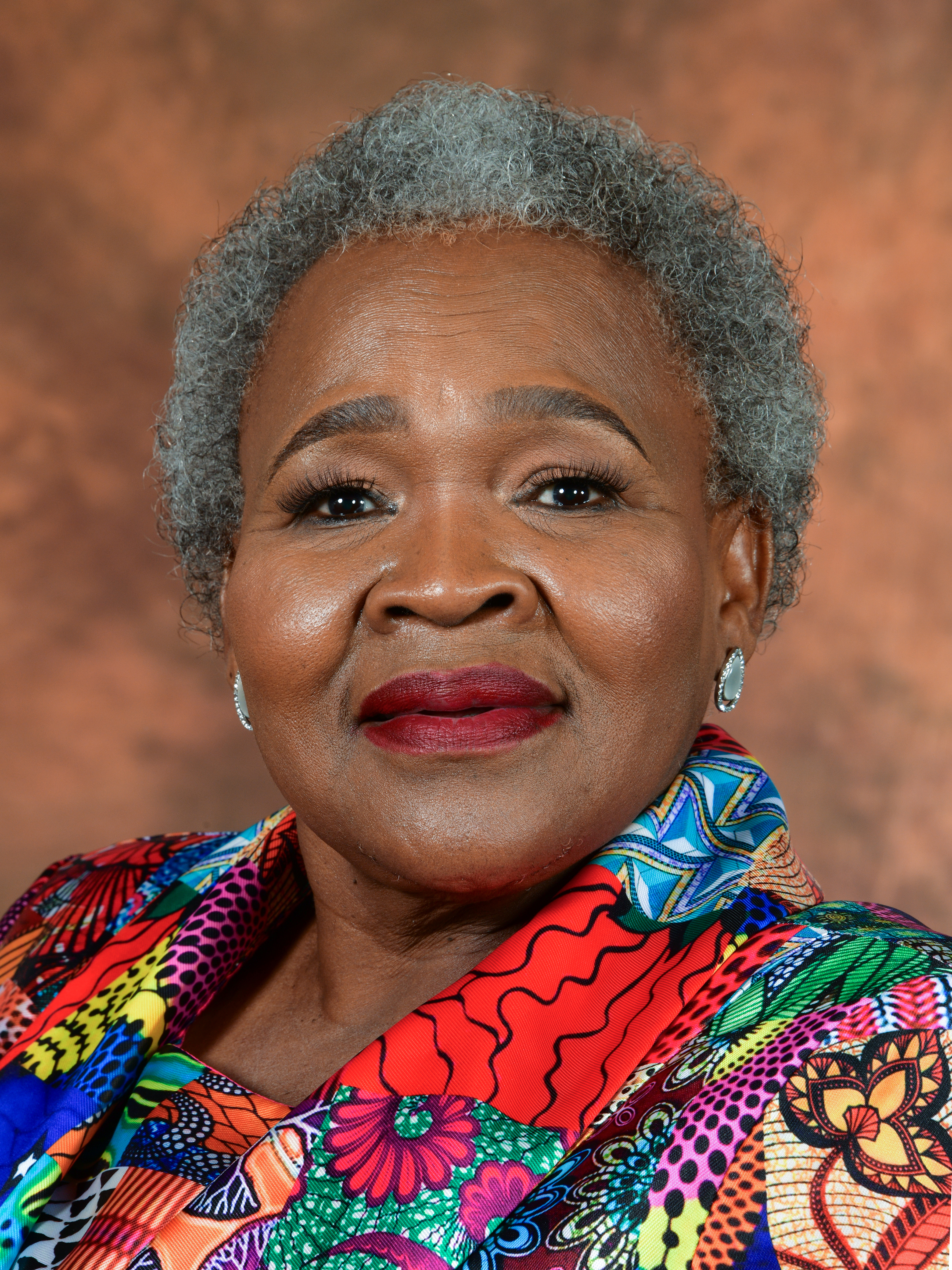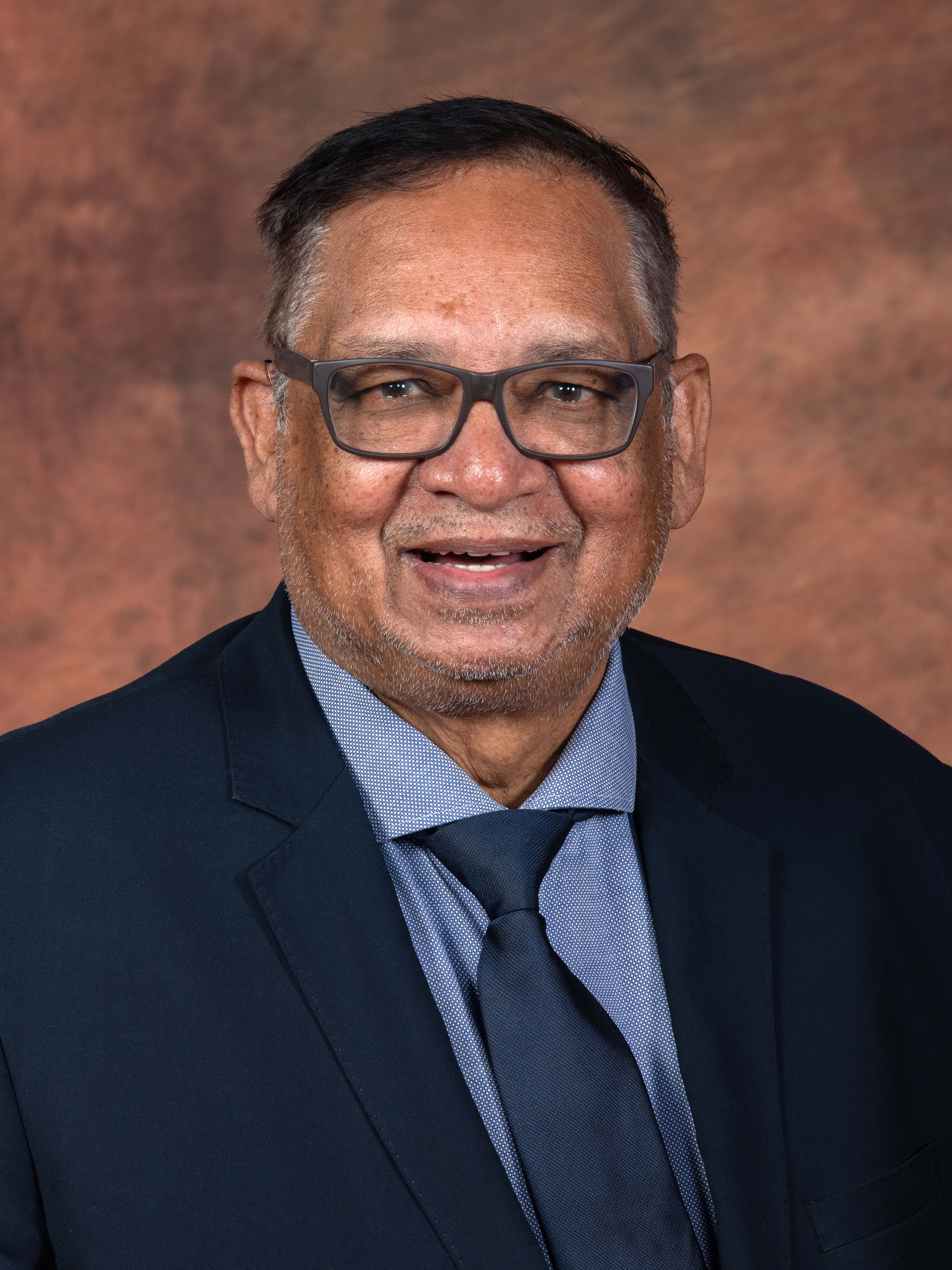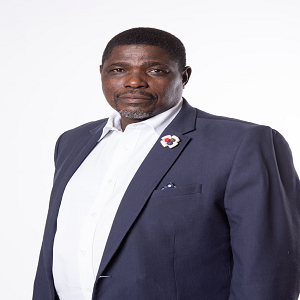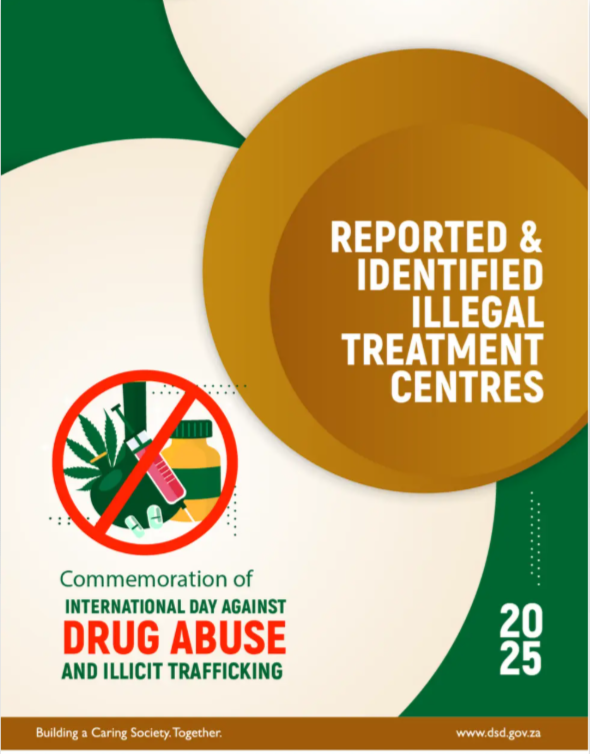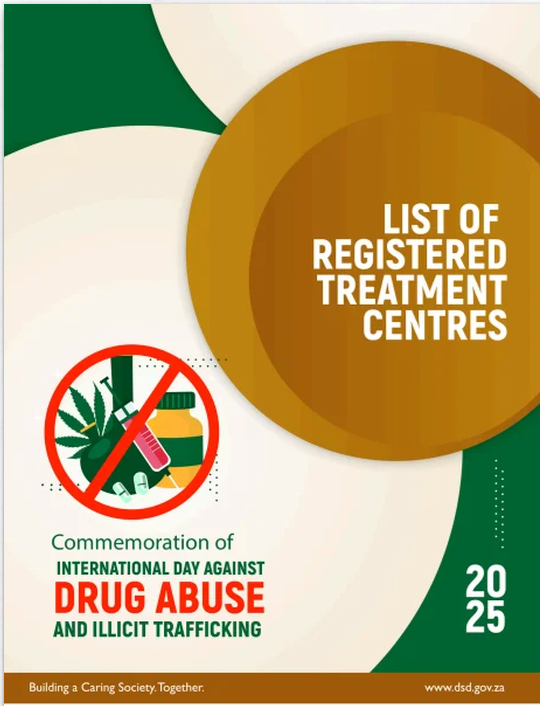By Morapedi Sibeko.
- A person with a disability builds meaningful relationships by growing up in society, not apart from it, a delegation from South Africa’s Department of Social Development heard from a Japanese man born with cerebral palsy.
- The South African delegation saw for themselves how the Osaka Prefecture promotes inclusivity.
- The key to inclusivity lies in emotional support, relationships, and the right to participate.
In Osaka Prefecture, Japan, a quiet but powerful revolution is taking place, driven by the determination of parents who refuse to let their children with disabilities be left behind, and supported by a responsive local government. This collaborative movement has transformed Osaka Prefecture into a model of inclusivity for people with disabilities.
Miki Kazumi, a parent of a child with a disability, is one of the many voices behind this change.
“Situations are different between South Africa and Japan,” she says, “but wherever a child with a disability lives, he has a right to grow with his peers.”
Her words reflect a shared commitment to dignity and inclusion principles that form the backbone of the Department of Social Development’s mission in South Africa. A South African team of officials and caregivers are in Japan to learn about how that country lives out its inclusivity principles.
Parent advocate Rumiko Suzuki reinforces this community driven message. “Believe in the power of children,” she says.
“It is not only money that makes the lives of children with disabilities better.” For her, the key lies in emotional support, relationships, and the right to participate.
This philosophy is brought to life in the story of Tetsuro Ueda, a man born with cerebral palsy (athetoid type), who began advocating for disability rights while in high school.
He led signature campaigns for inclusivity and challenged restrictive dress codes that excluded students like him.
“I rebelled against the system of exclusion,” he recalls, “but I also learned the value of being in the same space with everyone else, even if we are different.”
Ueda’s teenage years were filled with joy and community shouting for joy with friends, attending cultural festivals, and forming lasting friendships.
Today, he holds a master’s degree from Kibi International University and plays a leadership role in several disability rights organisations, including the Centre for Independent Living.
This non-profit organisation is run and owned by people with disabilities and prioritises social change, not the “fixing” of disability.
“If I had continued to grow up excluded,” Ueda says, “my ties with the community would have been weakened. A person with a disability builds meaningful relationships by growing up in society, not apart from it.”
Support for inclusion in Osaka Prefecture continues to grow through strong partnerships between families, non-profit organisations, and government.
Non-profit organisations offer more than just services, they create safe spaces for dialogue, advocate for policy reform, and help families lead the way in inclusion.
Their role is recognised in the Department of Social Development’s own White Paper on the Rights of Persons with Disabilities, which promotes family and community-based care.
While the progress seen in Osaka Prefecture is encouraging, delegates were reminded that disability inclusion and support vary across Japan.
Not all prefectures have embraced these practices to the same extent, highlighting the importance of local leadership and community involvement in driving change.
Boniswa Kanguwe, a Department of Social Development social worker from the Northern Cape, who has over 30 years of experience in the disability sector, is currently part of the exchange programme in Japan.
Reflecting on her experience, she emphasised the vital role non-profit organisations also play back home.
“Non-profit organisations that provide community-based disability services have made it possible for government to reach people with disabilities, especially those who require specialised services,” she said.
“They advocate for the rights of people with disabilities so that they are accepted in the community. As partners of government, they can provide specialised services.”
When reflecting on a meaningful change she would like to see back home, Kanguwe emphasised the need to expand respite care services to all cohorts of all ages.
“Families of people with disabilities require support within their own communities,” she said. “Respite care offers much-needed relief to caregivers, particularly in rural areas, where residential facilities for people with disabilities are limited.”
She believes that partnerships are essential: “The Department of Social Development cannot work alone.
“Caring for people with disabilities is a collaborative effort. Government must strengthen its partnerships with non-profit organisations, especially in rural and informal areas where services are limited.”
For the Department of Social Development and its partners, the lessons from Osaka Prefecture are a timely reminder that sustainable inclusion is possible when families, non-profit organisations, media, and government move together, guided by those with lived experience.
Inclusion becomes truly meaningful when it grows from the community level.
As the South African delegation prepares to return home, reflections from this exchange are already sparking ideas for strengthening community-based programmes to ensure that children and people with disabilities are supported to grow and thrive within their communities.


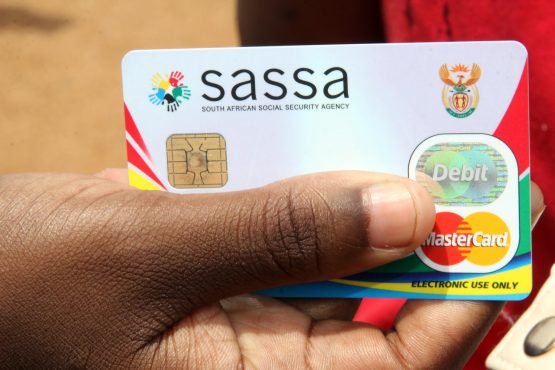

 0
0 